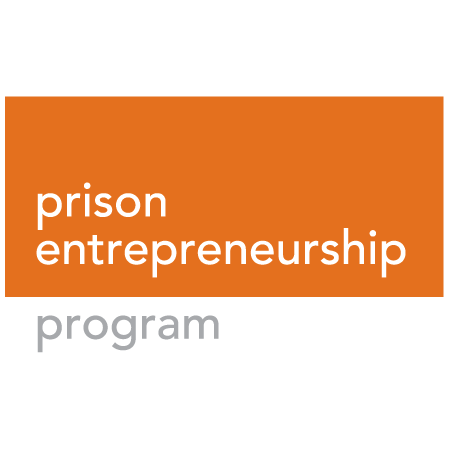Can You Start a Business While Incarcerated?
Yes, but with limitations. In most prison systems, incarcerated individuals are not allowed to officially register or operate a business in their own name while serving time. However, many people begin developing business ideas, plans, and strategies during incarceration.
Programs like the Prison Entrepreneurship Program (PEP) help participants lay the groundwork for launching a business after release. This includes writing a formal business plan, practicing investor pitches, learning core business principles, and building mentorship relationships with professionals.
What Kind of Business Can Someone Start After Prison?
There is no one-size-fits-all answer. Many formerly incarcerated individuals start businesses in areas where they already have skills, such as:
- Construction and home services
- Automotive repair
- Landscaping
- Logistics and courier services
- Cleaning and janitorial services
- Consulting, coaching, or speaking
- E-commerce and product sales
PEP graduates have launched hundreds of companies across Texas and beyond. Some start solo and scale slowly. Others hire staff and grow into full operations.
Are There Legal Barriers to Starting a Business After Release?
Generally, no. After release, individuals are legally allowed to start a business in most states, including Texas. However, certain licenses or certifications may be restricted depending on the person’s conviction history and the nature of the business.
For example, someone with a felony may face limits in industries like childcare, security, or healthcare. That said, entrepreneurship offers a way to work outside many of the employment barriers common after incarceration.
How Does PEP Help with Business Development?
PEP offers a full pipeline of entrepreneurial support. Inside prison, participants:
- Complete a business curriculum comparable to MBA fundamentals
- Write and refine a business plan
- Present ideas during a formal pitch competition
- Receive a Certificate in Entrepreneurship from Baylor University
After release, PEP provides:
- Business coaching and mentorship
- Networking opportunities
- Help with forming LLCs or sole proprietorships
- Access to alumni who have successfully launched businesses
This model helps returning citizens move forward with strong plans and a supportive community behind them.
What If Someone Doesn’t Want to Start a Business?
Entrepreneurship is not the only option. Many PEP participants choose to focus on employment, saving, or gaining experience before launching a venture. Others find meaningful careers through job placement assistance and connections made during the program.
The business education received through PEP still benefits participants in a wide range of roles, including management, sales, and operations.
Is Starting a Business After Prison Realistic?
Yes, and it is happening every day. Many PEP graduates become entrepreneurs and contribute meaningfully to their communities. Starting a business takes work, but with the right mindset, planning, and support, it is a realistic and empowering path forward.

